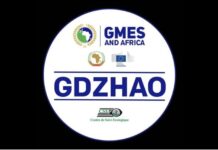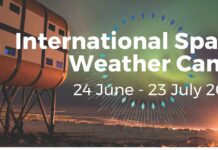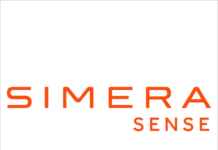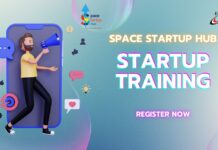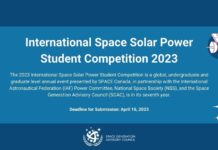There has been substantial recent interest in developing the global 21cm experiments to probe the early epochs of the universe. The EDGES experiment made possible the first detection of the expected 21cm trough around 70 MHz in 2017, but the shape of the signal does not fit fiducial models well and has been the subject of much scientific discussion ever since the first publication of the results. Several follow-up experiments are currently being developed by the EDGES group and others to confirm or refute the EDGES detection.
Cambridge and Stellenbosch Universities will present a three-day workshop on the science and technology fundamentals of global 21cm astronomy experiments. Since the instruments used for these experiments are comparatively simple (compared to big observatories like MeerKAT and SKA), it is an ideal place for young students to learn about radio astronomy methods and instrumentation.
Course details
- Dates: 1 – 3 February 2023.
- Location: Stellenbosch University, Stellenbosch, South Africa.
- Target audience: Graduate students (Master’s and PhD level) in Radio Astronomy or related Engineering fields (Antennas and RF engineering).
- Eligibility: The course is open to South African students as well as students from SKA Africa partner countries (Botswana, Ghana, Kenya, Madagascar, Mauritius, Mozambique, Namibia and Zambia)
- Funding: The course is free to attend, and flights and accommodation will be provided to successful applicants from outside Stellenbosch.
- How to apply
Applications should be sent by email to Prof Dirk de Villiers and should include a resume and short motivation for attending the course (maximum 500 words). Only a limited number of spaces are available.
Applications close on 18 November 2022, and successful candidates will be informed by 22 November 2022. In addition, applicants will be selected based on the relevance of the course to their direction of study (motivated in the motivation letter), their past study record (included in the resume), as well as their country of origin (to achieve a diverse set of participants from South Africa and partner countries).
Click here to get real time data and information on every Segments and players in the African space and satellite industry.




